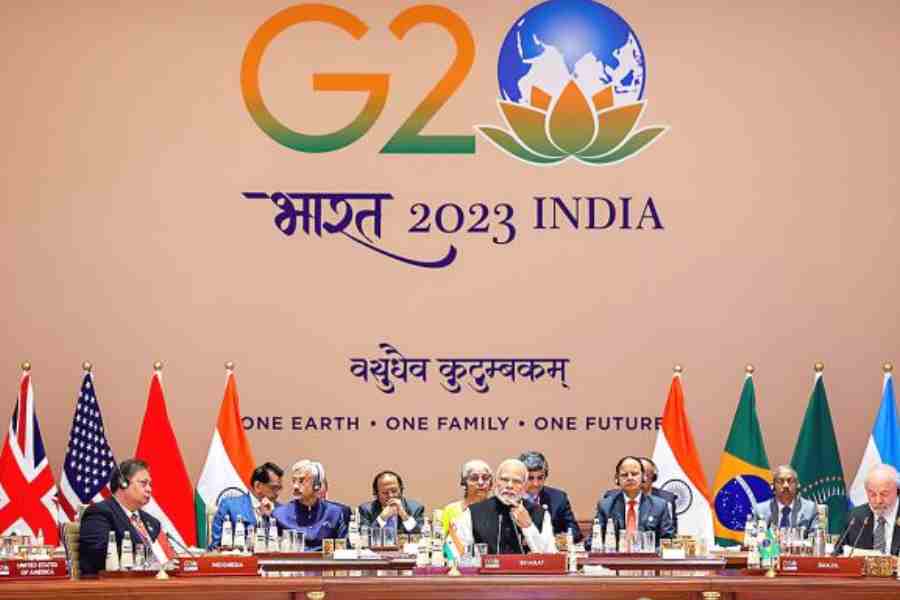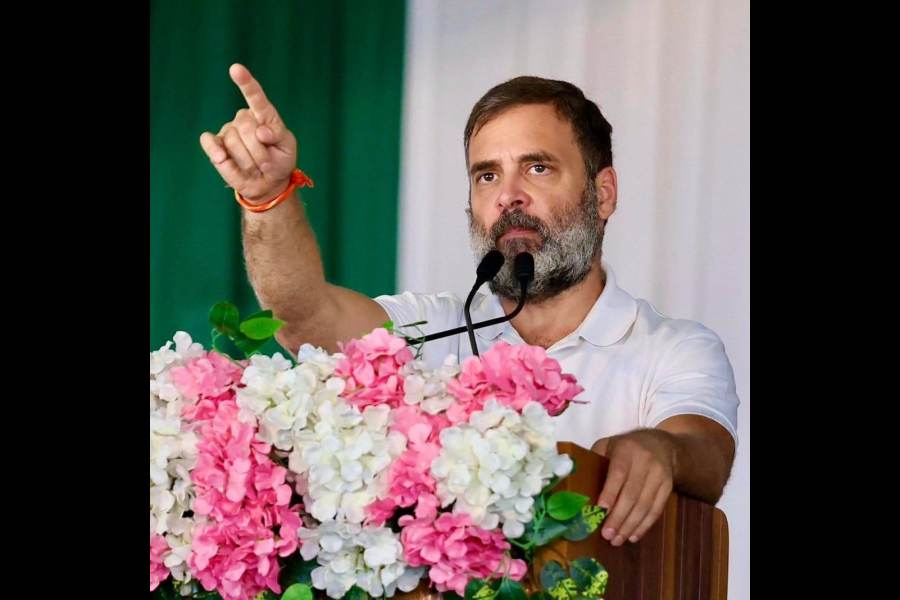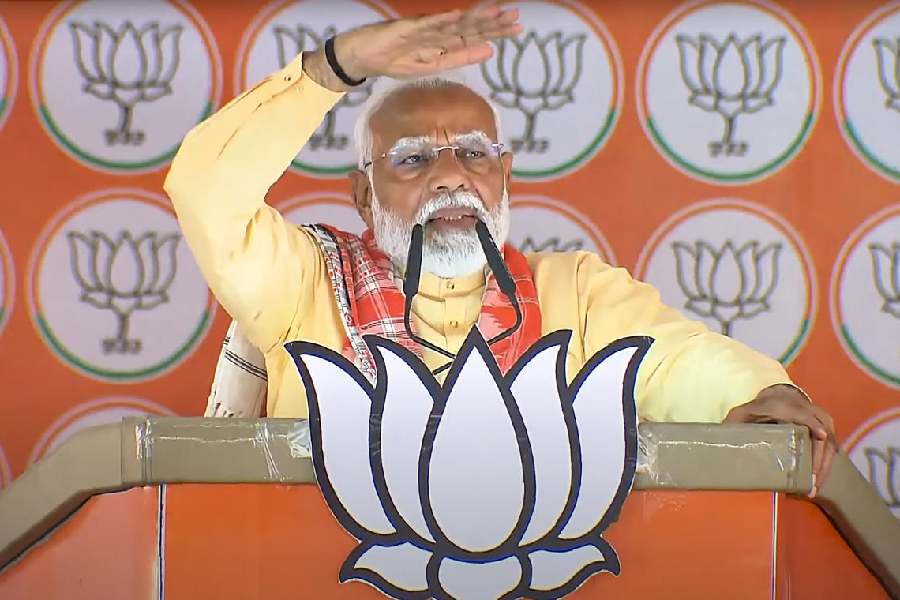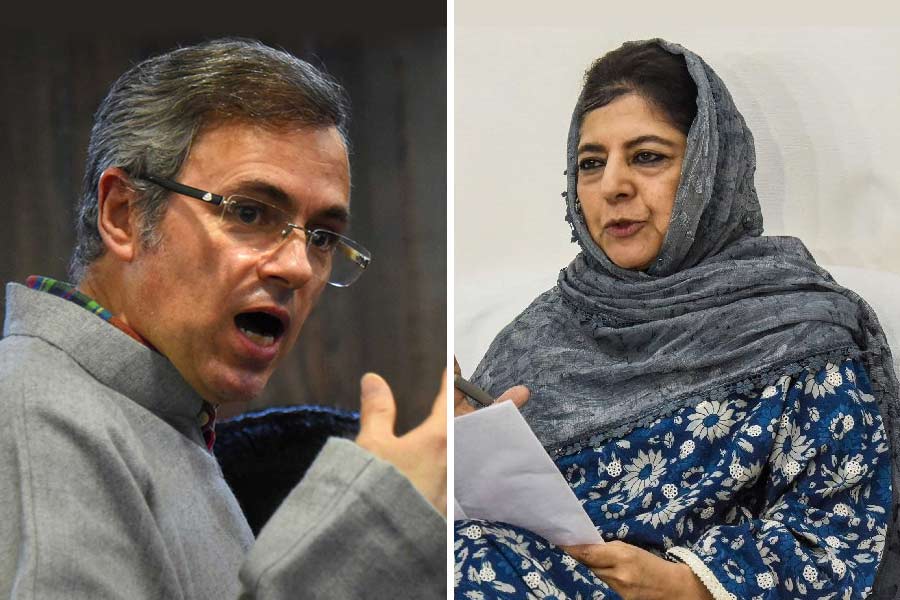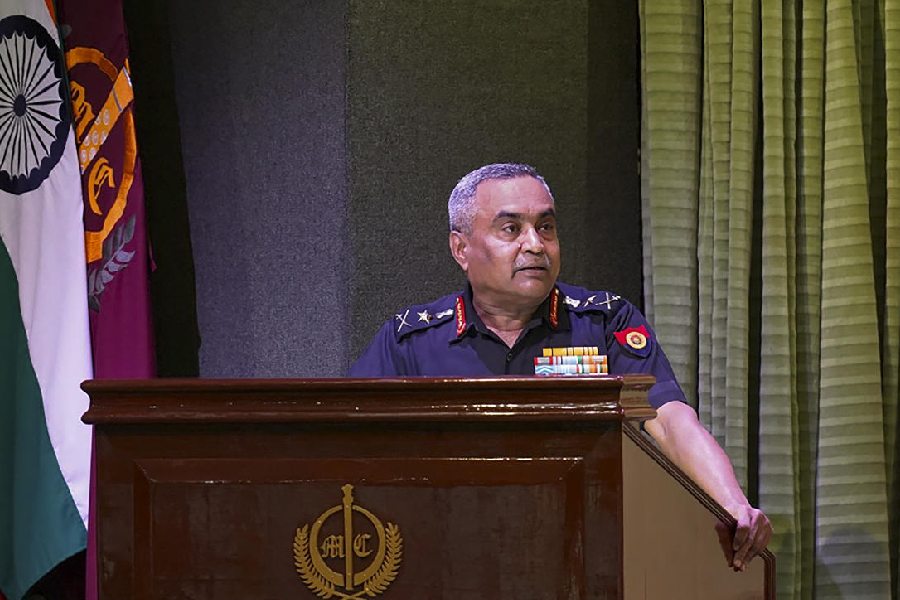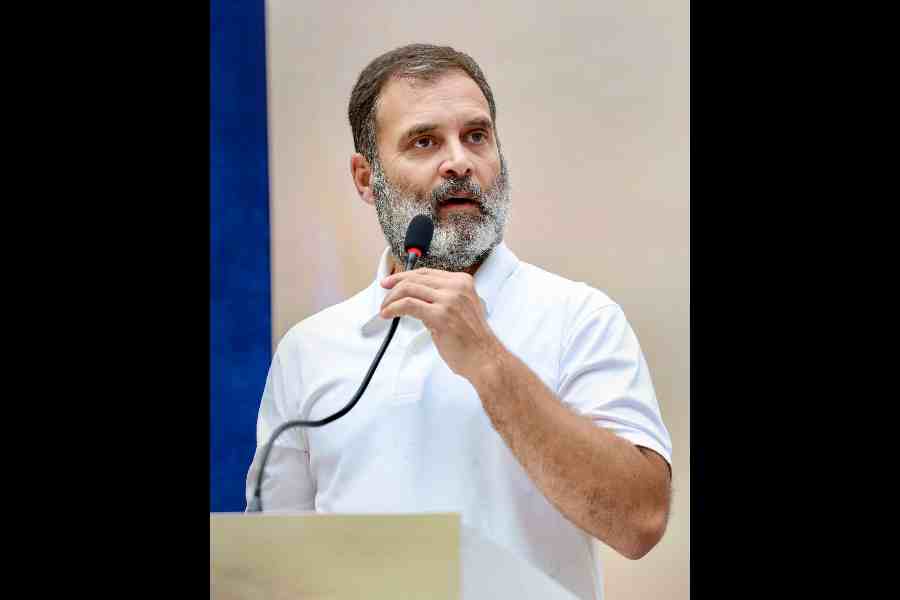Multilateral economic cooperation is dominated by geopolitics today. The G20, which described itself as the “premier forum for global economic cooperation” at the time of the global financial crisis that it tackled head-on with unprecedented coordination of macroeconomic policies, is similarly affected. The New Delhi leaders’ summit amply reflects this. Reckoned as a positive success and a singular achievement for India, there’s little doubt that the major outcomes are driven by geopolitical motivations. That casts the spotlight on the G20’s role — a crisis resolver and global policy coordinator — and its effectiveness in a world with deep divisions extending to most forms of economic engagements.
It is well-known that in the last two years, the Russia-Ukraine war has been the biggest divider, complicating the positions of prominent G20 members. These divisions overlay the existing tensions between the United States of America and China which the aforesaid conflict has sharpened into several flashpoints. Plenty that is economic in nature flows from these frictions — for example, the breaking-remaking of trade blocs and supply chains, domestic industrial policies built upon tariffs and restrictions, temptations to invest and relocate investments as per friendships and security goals, war-related sanctions and much else. It is no surprise that the G20 is compelled to say that although it is not in its remit, the war in Ukraine impacts the world economy.
The frictions impacted attendance, notably of the Chinese president, Xi Jinping, who was represented at the summit by his premier. There’s little doubt that the absence symbolised a potential threat to the G20’s relevance, specifically to multilateral cooperation, for which it is the only informal platform for political leaders. Future attendance by China is unknown at this point but further absences would signify a substantial weakening of the G20. In that light, the US-steered ‘climbdown’ to dilute a sterner characterisation of the Russia-Ukraine war might well have been the G20’s saviour for more effective purposes.
Of these there are several, suffused by geopolitics. Consider, for instance, whether the India-Middle East-Europe Economic Corridor, one of the major outcomes, would have been designed were it not for China’s Belt and Road Initiative. Or whether global supply chains and trade are not reorganising to align with different partnerships and new arrangements driven by China-Plus-One strategies. The BRI has been around for a decade but in recent years it has become a grave concern for both economic and geopolitical reasons.
The IMEC, which brings together Saudi Arabia, the European Union, India, the United Arab Emirates, France, Italy, Germany and the US through a sea passage between India’s west coast and Gulf states, and another rail-cum-sea link between the Persian Gulf and the European continent symbolise new political configurations in the Middle East, economic transformations sought by its petro-rich states, the EU’s desire to reduce its dependence on Russian energy and Chinese trade-BRI ties, India’s apparent concerns and benefits, and the US’s return to the region. Having been left out, Turkey, a G20 member, is reportedly formulating an alternative corridor with regional partners to shore up its traditional transport route for trade between Asia and Europe.
The inclusion of the African Union as a permanent G20 member that broadens the G20’s base is perhaps another example. The declaration says this “will significantly contribute to addressing the global challenges of our time.” One of the biggest is high global debt, more than twice the economic output and individually unsustainable for many low- and several middle-income countries, several of them African, in varying stages of debt distress. China is their main creditor, mostly through BRI-linked loans — now turned bad — and often followed by rescue loans from Chinese lenders, without interest relief or write-downs, to save their projects. From a standpoint of established global rules, concern has mounted that such refinancing or bailouts sideline the traditional role of the International Monetary Fund as a lender of last resort; some indebted nations also prefer China’s flexible lending over the former’s policy disciplining for political reasons that spoils incentives. Moreover, China’s intransigence has tested the G20’s efforts to resolve untenable debts after the pandemic and restore long-term sustainability and growth in the stressed countries; this has further crippled provisions of emergency funding by the multilateral agency. Drawing the African Union into the G20 fold accords greater legitimacy to the African states, possibly favouring better consensus on the universal principles of debt resolution and maintenance of global rules at a time of economic fragility.
A third notable outcome is the strengthening and the reform of international financial institutions where including global public goods (climate change, pandemics and so on) as the third mandate of multilateral agencies (the World Bank, IMF and so on), along with tripling of financial resources through progressive recapitalisation, is recommended. This is geared towards colossal investments required simultaneously to achieve development and environmental goals, largely in the developing countries that lack domestic resources and do not always have easy access to foreign capital and technologies. That clean energy investments and technologies are now top of the US’s priority, embodied in legislations such as the Inflation Reduction Act, while the shift to official financing lessens the advanced countries’ load is evident. The past financing commitments to developing countries for addressing climate change have remained unmet while post-pandemic debt and escalated defence and energy security financing needs have eliminated future chances of fulfilment.
Time will tell if the geopolitically-driven initiatives prove economically sound, resolve the global debt-cum-climate challenges, and help invigorate the world economy. For quite some time, the G20’s efficacy has been undermined by increased protectionism and frictions within and fragmentation of global trade, which was long governed by the comparative advantages of different countries. The World Trade Organization estimates that the splitting of the world trade system into separate blocs could be very costly and destabilising. Dani Rodrik, a prominent economist, argues that the real enemy of the global economy is geopolitics, not protectionism, which need not necessarily make the world poorer.
That said, global policy coordination, the G20’s fundamental role, narrows down to resolving unsustainable sovereign debts and proposed reforms of multilateral development banks. The former is essential for growth and stability of the world economy while the latter is a prerequisite to get financial resources flowing into needy countries and sectors. These, in themselves, are not insignificant tests for the G20. But they are worth striving for if only to regain or retain its essence.
Renu Kohli is an economist with the Centre for Social and Economic Progress, New Delhi

